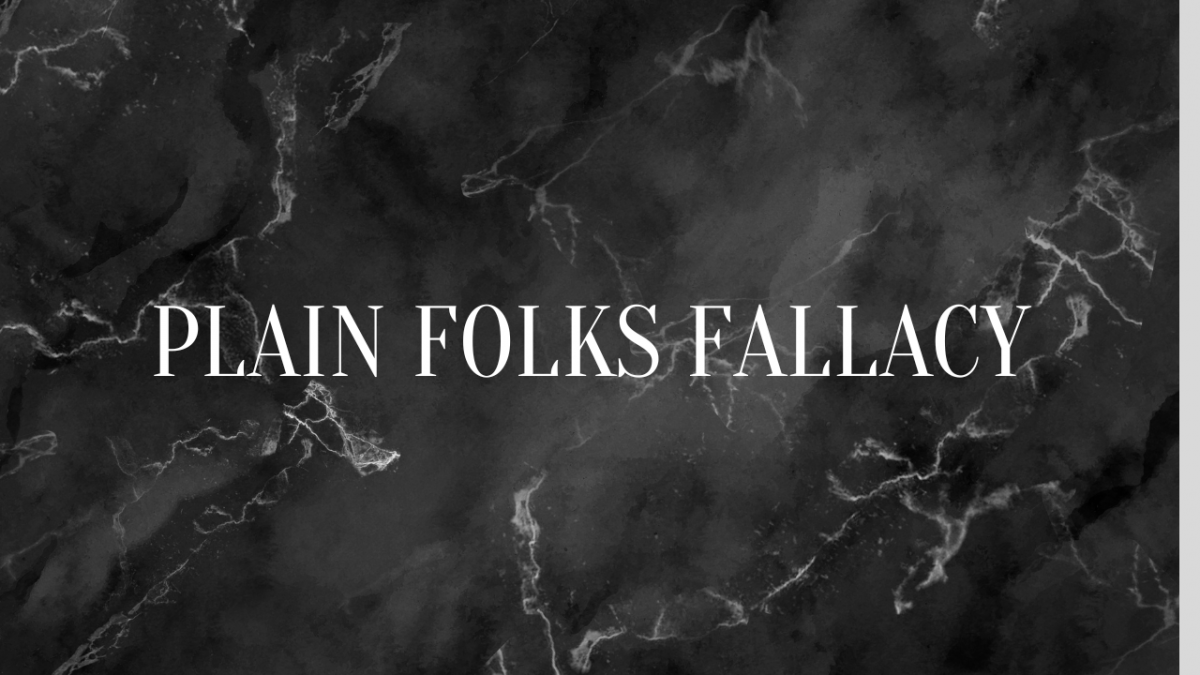Introduction
In the realm of decision making, our judgments are often influenced by cognitive biases. One such bias is the Plain Folks Fallacy, a mental model deeply rooted in human psychology that significantly impacts our day-to-day lives. This fallacy involves making irrational decisions based on the perceived trustworthiness and relatability of individuals or groups who present themselves as ordinary, everyday people. Understanding the Plain Folks Fallacy is crucial for making informed decisions and avoiding biased reasoning. In this blog post, we will explore the concept of the Plain Folks Fallacy, its relevance in decision making, its prevalence in different contexts, the underlying biases contributing to it, practical strategies to mitigate its impact, and the implications of awareness and avoidance of this mental trap.
Defining the Plain Folks Fallacy
The Plain Folks Fallacy refers to the tendency to trust and favor individuals or groups who present themselves as ordinary, relatable people, regardless of their actual qualifications or expertise. This fallacy relies on the assumption that individuals who appear to be “one of us” are more trustworthy, competent, and aligned with our best interests. It can cloud judgment and lead to decisions that may not be rational or in our best interests.
Relevance in Decision Making
The Plain Folks Fallacy has significant implications in decision making across various domains. By favoring individuals who present themselves as relatable and down-to-earth, we may overlook more qualified experts or evidence-based approaches. This fallacy can influence personal life decisions, business scenarios, and even public policy-making, leading to suboptimal outcomes and missed opportunities.
Examples of the Plain Folks Fallacy
Personal Life Decisions:
Imagine a person seeking financial advice who comes across a financial advisor who positions themselves as an ordinary person struggling with debt and successfully overcoming it. Despite lacking professional qualifications or a solid track record, this individual appears relatable and trustworthy. By falling prey to the Plain Folks Fallacy, the person may trust this advisor over more experienced professionals, potentially risking their financial well-being.
Business Scenarios:
A company is evaluating two potential candidates for a managerial position. Candidate A has an impressive educational background and extensive experience, but Candidate B presents themselves as a “plain folks” candidate, emphasizing their relatability and understanding of everyday challenges. Despite lacking the qualifications of Candidate A, the decision-makers, influenced by the Plain Folks Fallacy, may choose Candidate B based on a perceived alignment with the company’s workforce. This decision could undermine the organization’s long-term success.
Public Policy-Making:
In political campaigns, candidates often employ the Plain Folks Fallacy to appeal to voters. They may emphasize their humble backgrounds and relatability to portray themselves as “one of the people.” Voters, swayed by this fallacy, may support candidates who lack the necessary expertise or policy acumen. This can have profound implications for public policy, potentially leading to ineffective governance and missed opportunities for progress.
Mental Biases and Underpinnings
The Plain Folks Fallacy is influenced by several cognitive biases. One key bias is the halo effect, where our overall perception of an individual influences our judgment of their specific attributes. If we perceive someone as relatable and trustworthy, we tend to assume that they possess other desirable qualities, such as competence or expertise, even in unrelated domains. Additionally, the availability heuristic plays a role, as we rely on easily accessible information (such as relatability) rather than conducting a comprehensive evaluation of qualifications or evidence.
Identifying and Avoiding the Plain Folks Fallacy
To avoid succumbing to the Plain Folks Fallacy, it is essential to be mindful of the biases that contribute to it and employ critical thinking techniques. Here are some practical strategies to consider:
Seek expertise and qualifications: When making decisions, consciously prioritize qualifications, experience, and expertise over surface-level relatability. Look for individuals or groups who have a proven track record or possess the necessary qualifications to address the specific context.
Evaluate credentials and evidence: Engage in thorough research and fact-checking. Examine the qualifications, achievements, and relevant experience of individuals or groups before placing undue trust solely based on their relatability or ordinary appearance.
Challenge assumptions: Question the underlying reasons for favoring someone based on relatability alone. Reflect on whether this bias may be clouding your judgment and whether other factors, such as expertise or objective qualifications, should carry more weight in your decision-making process.
Promote diversity of perspectives: Encourage the inclusion of individuals with diverse backgrounds and experiences in decision-making processes. By incorporating a range of viewpoints, you can reduce the influence of the Plain Folks Fallacy and promote more balanced, informed decision making.
Conclusion
The Plain Folks Fallacy is a cognitive bias that can significantly impact decision making by prioritizing relatability over qualifications and expertise. Recognizing this fallacy is vital for making rational decisions and avoiding biased reasoning. By understanding the underlying biases, practicing critical thinking, and valuing expertise, we can navigate decision making with greater objectivity. Being aware of the prevalence of the Plain Folks Fallacy and actively avoiding it can lead to more informed choices, better outcomes, and a more discerning approach to decision making.
